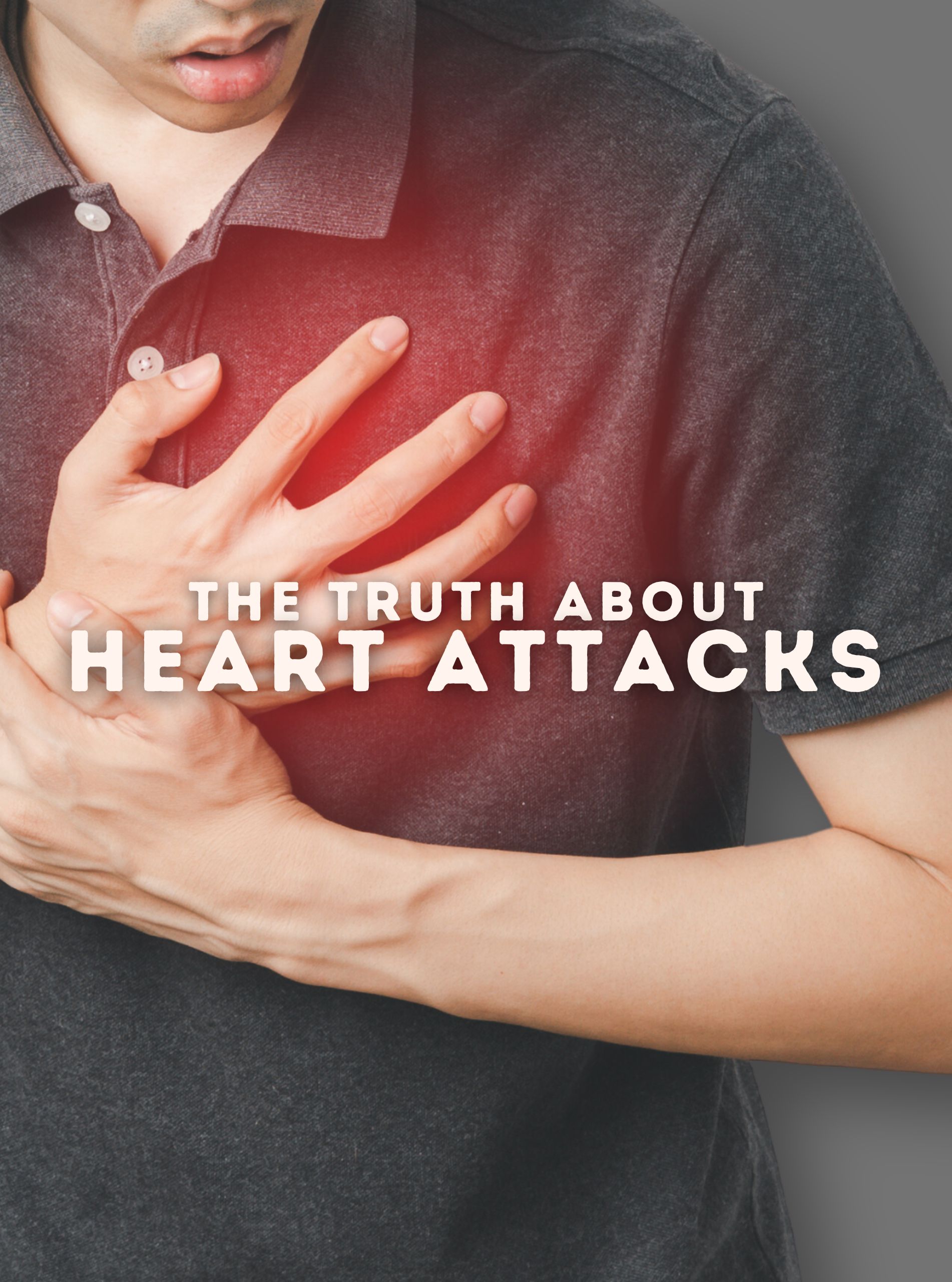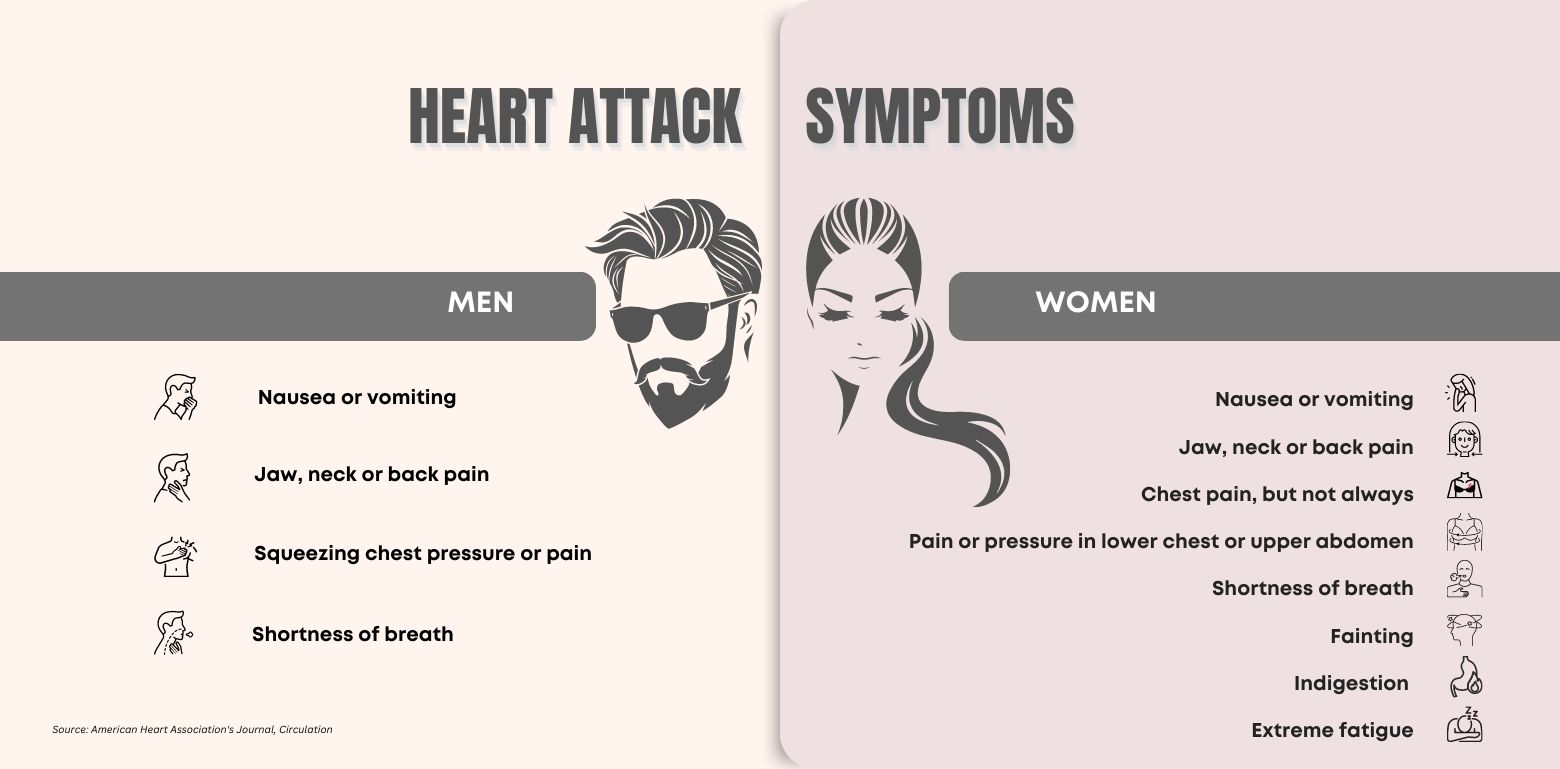


Heart attack can harm or even destroy a part of your heart muscle. Your heart functions like a pump, sending blood carrying oxygen and nutrients throughout your body. During a heart attack, a blockage in a blood vessel prevents blood from reaching a portion of the heart muscle. This blockage usually occurs due to a clot forming in a narrow artery.



Life Care Diagnostic Medical Centre Sdn. Bhd. 200401034597 (673106-V)
Bangsar South
WhatsApp: 0122343610
1st Floor, Wisma Lifecare,
No. 5, Jalan Kerinchi, Bangsar South,
59200 Kuala Lumpur
Cheras South
WhatsApp: 01127213620
19A-2 & 19B-2, Block E, Kompleks Komersil Akasa,
Jalan Akasa, Akasa Cheras Selatan,
43300 Seri Kembangan, Selangor
Operating Hour:
Monday – Friday: 8.00am – 5.00pm
Saturday: 8.00am – 1.00pm
Sunday & Public Holidays: Closed